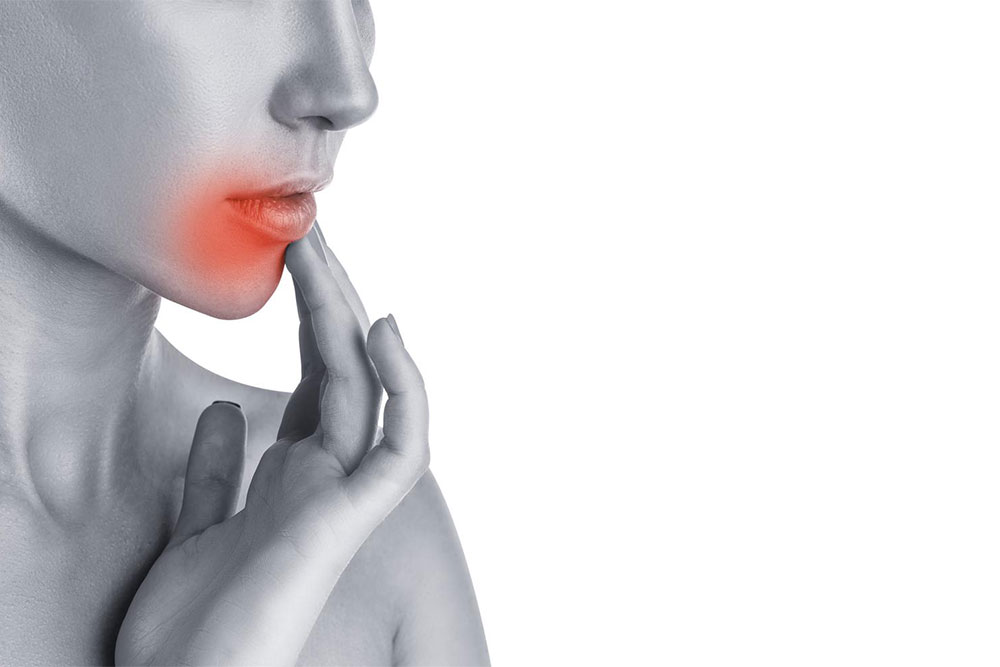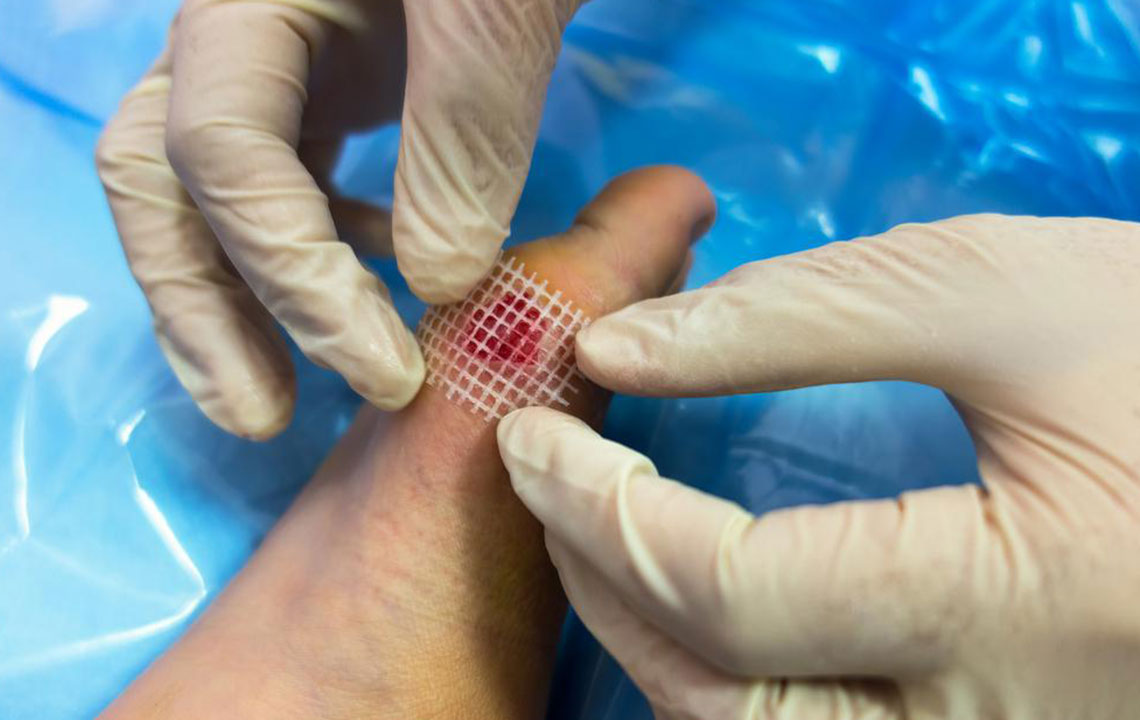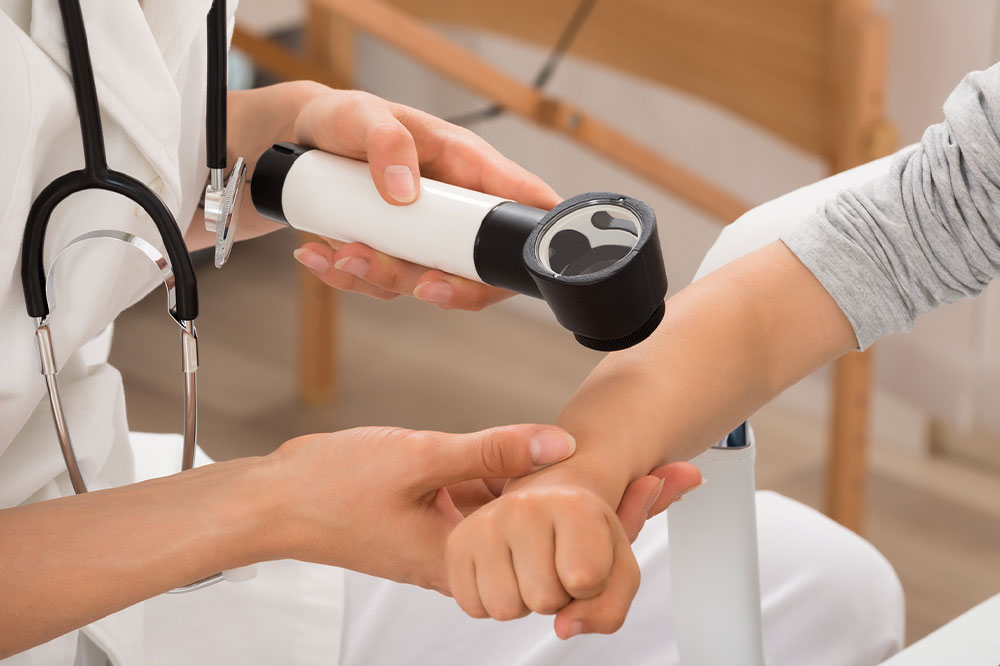Comprehensive Guide to Managing Herpes Outbreaks Effectively
This comprehensive guide explores effective strategies for managing Herpes outbreaks, combining medical treatments, natural remedies, and lifestyle tips. It emphasizes the importance of medications like antiviral drugs, natural therapies like licorice and garlic, and preventive measures to reduce outbreaks and transmission. The article aims to empower individuals with knowledge to handle Herpes confidently and improve their quality of life through proven approaches and lifestyle adjustments.

Comprehensive Guide to Managing Herpes Outbreaks Effectively
Herpes simplex virus (HSV) infections are a common health concern affecting millions worldwide. Despite significant advances in medical science, there is still no definitive cure for Herpes. Once infected, the virus becomes a lifelong companion, residing in nerve cells in a dormant state but capable of reactivating periodically. Managing outbreaks and preventing transmission require a combination of medical interventions, lifestyle adjustments, and natural remedies. This comprehensive guide aims to equip you with the latest strategies to control Herpes outbreaks effectively, improve quality of life, and prevent the spread to others.
Understanding Herpes and Its Impact
Herpes simplex virus (HSV) primarily manifests in two types: HSV-1, which is commonly associated with oral herpes, and HSV-2, mainly affecting the genital area. The virus is highly contagious and transmitted through direct contact with active sores or mucous membranes. Many individuals are asymptomatic but can still transmit the virus. The infection often causes recurrent outbreaks characterized by painful sores, blisters, and discomfort, impacting emotional well-being and social interactions. Knowing how the virus behaves is essential for effective management.
The Role of Medications in Managing Herpes
Medications are the cornerstone of Herpes management. They cannot cure the infection but are highly effective in reducing the severity and frequency of outbreaks, shortening healing time, and lowering transmission risk. Antiviral drugs such as acyclovir, valacyclovir, and famciclovir are prescribed by healthcare providers based on individual needs and disease severity.
Once diagnosed, medical professionals typically recommend one of two main therapeutic strategies: episodic therapy and suppressive therapy.
Episodic Therapy: This approach involves taking antiviral medication at the first sign of an outbreak, such as tingling or itching sensations, to reduce severity and duration of symptoms. It is suitable for individuals experiencing infrequent and mild outbreaks.
Suppressive Therapy: Continuous daily medication is prescribed for individuals with frequent, severe, or debilitating outbreaks. This strategy aims to prevent outbreaks before they occur and minimize the risk of transmitting the virus to partners. Suppressive therapy is often a long-term commitment, sometimes lifelong, and has been proven to significantly improve quality of life.
Diagnostic Procedures for Herpes
Accurate diagnosis is crucial for effective treatment planning. Healthcare providers usually conduct laboratory tests, including viral culture, PCR (Polymerase Chain Reaction), or blood tests to detect HSV-specific antibodies. Sometimes, a sample from a lesion is taken for testing to confirm active infection. Early diagnosis can help manage symptoms promptly and reduce the risk of complications.
Natural and Holistic Remedies for Symptom Relief
In addition to conventional medications, many individuals seek complementary approaches to manage Herpes symptoms naturally. These remedies can support the immune system, soothe discomfort, and potentially shorten outbreak duration when used appropriately.
Licorice Root: Known for its antiviral and anti-inflammatory properties, licorice root can be used topically. Prepare a paste by mixing half a teaspoon of licorice powder with water and apply it directly to the sores three times daily until healing occurs. Licorice extract creams or gels are also available to provide relief.
Garlic: Rich in Ajoene, a potent antiviral compound, garlic can aid in suppressing the virus. Crush a fresh garlic clove and gently place it on the sore for about 15 minutes. Care must be taken to avoid skin irritation. Repeating this process over two days can help reduce symptoms. Garlic oil, prepared by cooking garlic in olive oil until golden, can be applied directly to outbreaks for additional relief.
Cold Compresses: Applying ice packs wrapped in a cloth to the affected area can significantly reduce pain, swelling, and redness. Use for 10-15 minutes multiple times a day to soothe discomfort and facilitate healing.
Supporting the Immune System: Maintaining a healthy lifestyle, including proper nutrition, stress management, regular exercise, and adequate sleep, is vital for immune resilience and better management of Herpes outbreaks.
Preventive Measures and Lifestyle Tips
Preventing Herpes outbreaks and transmission involves a combination of behavioral, medical, and natural strategies. Here are some essential tips:
Practice Safe Contact: Avoid direct skin contact with sores during outbreaks. Use barrier protections like condoms or dental dams during sexual activity.
Manage Stress: Stress is a common trigger for Herpes reactivation. Incorporate relaxation techniques such as yoga, meditation, or deep breathing exercises into your routine.
Avoid Triggers: Identify personal triggers such as sun exposure, illness, or fatigue, and take measures to minimize their impact.
Healthy Lifestyle: A balanced diet rich in vitamins and minerals, adequate hydration, and regular exercise support immune health and reduce outbreak frequency.
Regular Medical Follow-up: Keep in touch with your healthcare provider for ongoing management and adjustments to your treatment plan.
Managing Herpes outbreaks is a multifaceted process that requires dedication and an understanding of your body's responses. With appropriate medical treatment, natural remedies, and lifestyle modifications, individuals can significantly reduce symptoms, improve their quality of life, and prevent transmission to partners. Although the virus remains in the body indefinitely, effective management can allow you to lead a healthy, confident life.





